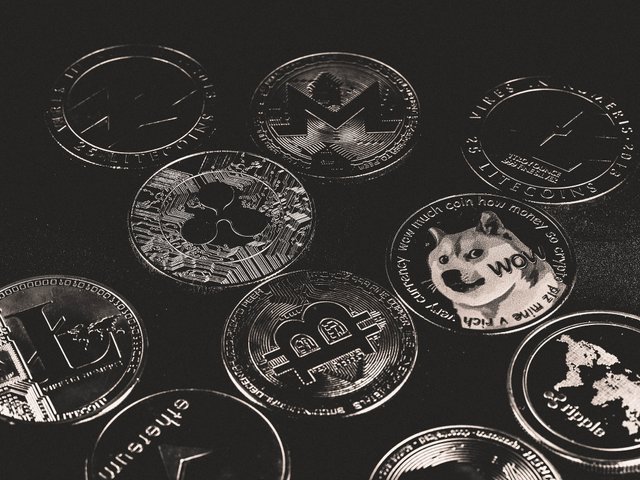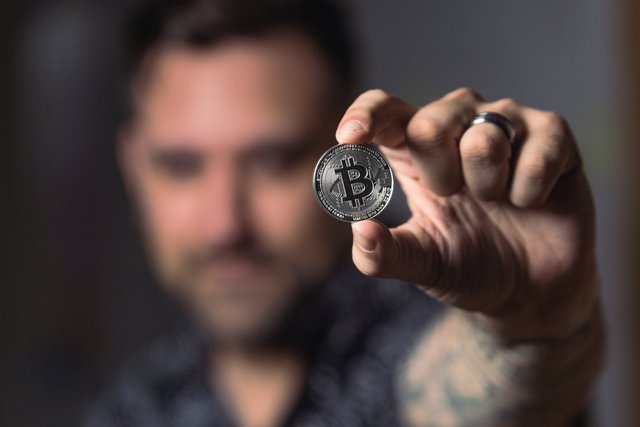The Token Economy: Beyond Cryptocurrencies
Assalamu Alaikum
In a token economy, tokens represent value within a specific ecosystem where the token economy extends beyond cryptocurrencies to include any system. The concept is applied to a variety of fields, including gaming, loyalty programs, decentralized finance (DeFi) and digital assets. They encourage desirable behavior within their respective ecosystems and they facilitate decentralized transactions.

Now let's discuss some more details about token economy-
| 1. Tokenization – |
|---|
Tokenization typically involves representing real-world or digital assets as tokens on a blockchain or digital ledger. These tokens can represent a wide range of assets, including securities, currencies, commodities, artwork, real estate, intellectual property, and more.
| 2. Decentralization – |
|---|
We know that decentralization is one of the key features of the token economy. An example of a token economy operating in a decentralized network is that of blockchain, where transactions are verified and recorded by a distributed network of nodes. But in contrast to this we find that in traditional centralized systems a central authority controls the flow of resources and information.
| 3. Utility Token - |
|---|
Those that provide access to a specific product or service within a platform or ecosystem are typically called utility tokens. Most of the tokens in the token economy are utility tokens. Let's give you some examples of this, like utility tokens can facilitate transactions within a specific marketplace or enable voting rights in a decentralized governance system, granting decentralized application (DApp) access.
| 4. Security Token - |
|---|
Here the security tokens represent the ownership of equity, debt or real estate as the underlying assets. These tokens are subject to securities regulations and often grant rights to investors, including voting rights over dividends, profit sharing or management of the underlying assets.
| 5. Stimulating Process – |
|---|
Tokens are often used to encourage desired behavior within a system. Here, in decentralized networks, participants can acquire tokens to contribute computing power, such as in mining on blockchain networks, or to provide liquidity in decentralized finance DeFi protocols.
| 6. Liquidity - |
|---|
Token economies can increase liquidity by facilitating peer-to-peer transactions and enabling fractional ownership. This liquidity can lower barriers to entry for investors and unlock the value of traditionally liquid assets.
| 7. Interoperability – |
|---|
Here interoperability between different tokens and platforms becomes essential with the increasing proliferation of tokens and blockchain networks. Which seems to facilitate the seamless transfer of assets between different ecosystems and the interoperability of standards such as ERC-20 (Ethereum) and ERC-721 (for Non-Fungible Tokens or NFTs).
That is, the token economy represents a paradigm shift in how value is created, exchanged, and managed, with implications across industries including finance, gaming, supply chains, healthcare, and more.

So friends, that's it for today. Let me know in your comments what you think of today's topic. I am ending here wishing everyone good health. All be well and stay healthy.
https://twitter.com/youshamunna4/status/1777465631727853814?t=THq6pPrznZb5dX26oV_stQ&s=19
Upvoted! Thank you for supporting witness @jswit.
Token economy is very important and we see different types of tokens including security tokens or tokenization which you mentioned through your content and thank you all for sharing.
This is a wonderful contract you have written, indeed decentralization and liquidity is one of the concept of token economy and indeed appreciate you sharing on this as I benefited greatly from it.